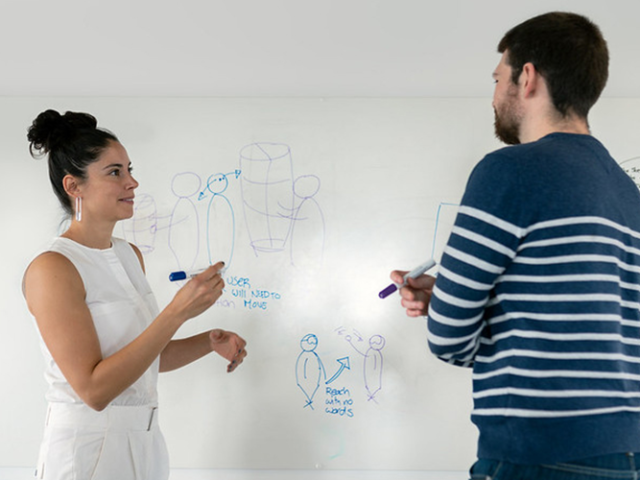An app built by a University of Bristol student helps detect essays written by AI bots like ChatGPT.
Ed Daniels’s software startup, called AIED.UK, scans essays for AI-generated content and calculates the probability it was written by a bot.
AI bots like ChatGPT use big data sets and complex algorithms to produce informed and well-written answers to user searches.
While some use bots to write emails, computer code or CVs, they have potential uses in writing essays and other coursework for university students – something Ed thinks is unfair.
He said that AIED.UK “fights fire with fire” by using its own AI algorithm, which is itself trained using large data sets.
“AI is an amazing tool and something that I really want to see universities and students using more,” Ed said.
“But it’s also clear that some will abuse it to cheat. No-one went to university thinking ‘I’m going to get a chat bot to write my coursework’, so this is a way of making things fair.
“At the same time, university is meant to prepare students for the working world, and it’s looking more and more like AI is going to be the future of the working world.
“AI, I believe, is going to become a mainstay of education. But it should be used to cut time, not corners – and definitely not for cheating.”
Ed says that, unlike alternative AI detectors, AIED.UK is focussed on spotting academic cheating.
The programme uses sentiment analysis – a tool used by social media giants to detect and categorise opinions – and has been trained on both AI and human-generated content.
The programme can be downloaded and run on any computer; all users must do is feed it a .docx or .pdf file.
Kate Whittington, Associate Pro-Vice Chancellor for Quality and Standards at the University of Bristol, said: “AI has huge potential to help students learn and develop their skills at university and will be part of their working life after graduation.
“However, it’s important that we support students in learning how to use it appropriately, as cheating using AI will harm their learning and future employability.
“Ed’s software is really interesting, and we are excited to see how it develops. One day it could be useful to educators all over the world.”
Ed has been given a grant by the University of Bristol’s student startup incubator Runway to develop AIED.UK. He was “over the moon” to receive the funding and will use it to pay for server space and to buy more data sets to continue teaching his algorithm.
Mark Neild, Runway’s Programme Director, said: “When AIED.UK applied for innovation funding, our judges could see its potential.
“This is a rapidly growing market, so we are keen to help Ed develop his skills and build his exciting software.”
Ed began coding young and has not always used his talent for good: he was banned from his school computers for taking over pupils’ screens and convincing them they were haunted.
Over the next few years he hopes to bring on customers to AIED.UK while improving its detection capabilities.




